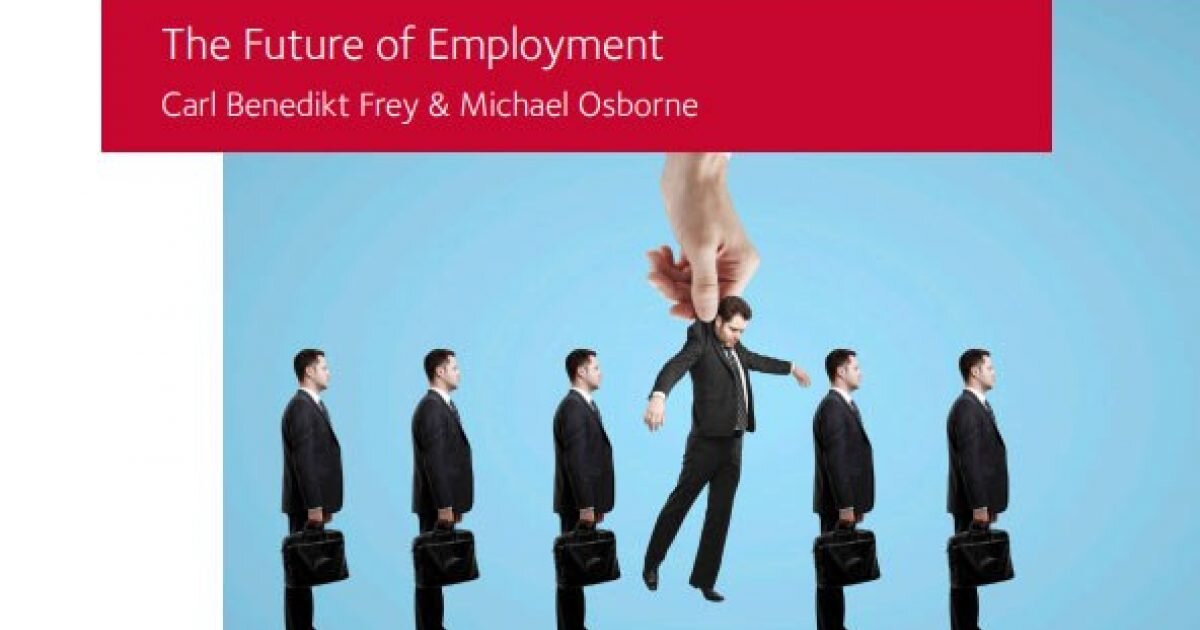Creativity: Humans' Last Frontier Against AI?
When Oxford researchers Carl Benedikt Frey and Michael Osborne released their study called “the Future of Employment”, they estimated nearly 50% of current jobs are at risk of automation in the next decades. According to the study, occupations requiring a high degree of creative intelligence will be relatively safe from automation.
The reason is NOT that we humans are creative and machines aren’t. In fact, AI has been displaying amazing creativity in many fields. Today, AI can compose music, paint, write stories, even generate hundreds and thousands of solid designs in a blink of an eye within the parameters and constraints given by humans. Designs made by machines can be surprising, beautiful, efficient, and frankly, quite brilliant.
Creativity is often defined as the ability to use skills and imagination to produce something new. If producing something new is no longer difficult for AI though, why would the Oxford researchers conclude in their study that creative occupations are difficult to be automated?
Only because we humans suck, at defining our creative value clearly so that it can be encoded in the program.
Creativity involves not only novelty but value, and we humans cannot agree on what is valuable creativity with a clear and universal definition. On top of that, what is valuable changes over time and cultures. A lot of times when we argue whether something or something is creative, it’s actually an argument about value.
This is why people often say AI-generated music or art clearly is sub-par to the masterpieces created by humans, if they learn beforehand what they are about to see or experience is a creation by AI. But when people don’t know that the art they are going to see is generated by AI, many can’t tell the difference and will say it’s just as moving and touching as the “real” art, if not more.
According to Demis Hassabis, Co-Founder and CEO of DeepMind, there are three levels of creativity. Interpolation, extrapolation, and invention.
Both interpolation and extrapolation have something to do with combining available data to synthesize something new. Interpolation is like the average of the available data. Even though just it’s the average of current data, it is something different from the examples.
Extrapolation is a step up. Instead of finding the average of current data, you’re extending the boundaries of what’s already known. You can think of it as predictive analytics. Making a projection using current data.
Invention, or innovation is the highest level of creativity. This is completely new. A new style, a new category, a new game.
Machines can already perform interpolation and extrapolation creativities. They cannot invent something completely new, yet. Like a painting from Van Gogh or a symphony by Beethoven: the machines can generate van Gogh style paintings or Beethoven style symphonies and even remix styles, but they can’t create van Gogh or Beethoven. I don't mean the person, but the style itself.
This is by no means saying machines can never invent something. Just not yet. And the only reason why creative jobs can’t be automated yet is that we don’t have a universal agreement on value, but otherwise everything we do is also just an extrapolation of data we've accumulated.
So, about AI, you know the saying: if you can’t beat them, kill them.
Just kidding.
We cannot see AI as a competition, because we’re probably not going to win. We have to learn about how it works, and learn to collaborate with AI, or learn how to use AI to augment our work because that’s the only way forward.
Creativity is not about being a lone genius. No man or woman or any gender-fluid person can be an island. We need to collaborate and help each other to maximize the output and value of our creativity.
And, companies looking for creative talents? Look not outward but inward: start fostering an environment for creativity to flourish, and reward creative collaborations within your organization.
Is creativity humans’ last frontier against the machines?


